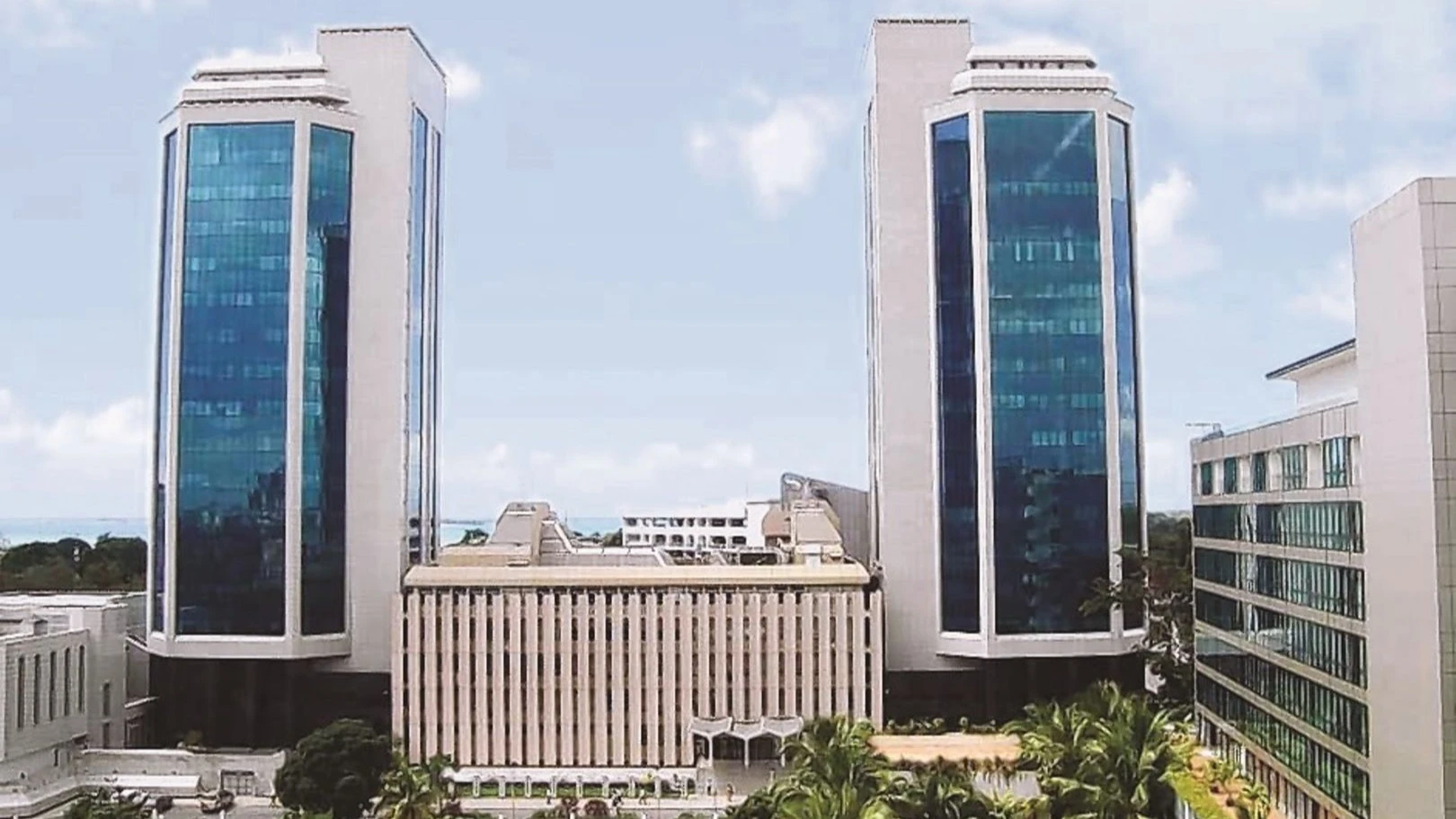

Les Dar es Salaam Stock Exchange (DSE), as Tanzania’s principal securities trading platform, has solidified its role as a critical enabler of the nation’s socio-economic resilience and sustainable development. Its 2023 Sustainability Report offers a comprehensive examination of the institution’s dedication to advancing Environmental, Social, and Governance (ESG) objectives, while maintaining robust economic growth and fostering an equitable financial ecosystem. This article provides an analytical perspective on the report, embedding its findings within the broader African financial and developmental landscape.
The DSE has entrenched its mission to deliver an efficient capital formation platform that catalyzes sustainable economic development. As of December 2023, the exchange’s domestic market capitalization reached TZS 11.4 trillion, a notable increase from TZS 10.3 trillion in 2022. Among its most transformative milestones was the issuance of the Kijani Bond, Tanzania’s inaugural green bond, valued at USD 300 million. This financial instrument underscores the exchange’s alignment with sustainable investment imperatives, channeling capital towards renewable energy projects, resilient infrastructure, and climate adaptation initiatives.
Furthermore, the DSE has championed gender-focused financial products, exemplified by the Jasiri Bond issued in 2022. This bond prioritized access to finance for women-led enterprises, reflecting the exchange’s commitment to addressing systemic gender disparities. By 2023, the DSE recorded oversubscription rates of 184% for Tanzanian Shilling-denominated tranches and 630% for USD-denominated tranches. These achievements signal heightened investor confidence in products addressing social and economic inequalities, while simultaneously offering a replicable model for other emerging markets.
The fixed income segment’s remarkable growth further illustrates the DSE’s systemic influence. Outstanding government bonds grew by 19% to TZS 20.2 trillion, while corporate bonds surged by an impressive 274% to TZS 538.33 billion. These advancements not only reinforce Tanzania’s credit market integrity but also position the DSE as a regional hub for sustainability-linked financing.
The DSE’s governance architecture is rooted in principles of accountability, transparency, and ethical stewardship. Its Board of Directors has embedded ESG considerations into operational and strategic frameworks, mandating sustainability disclosures for all listed companies. These regulations are harmonized with the Global Reporting Initiative (GRI), ensuring a high standard of transparency that resonates with international investor expectations.
Integral to this governance model are comprehensive training initiatives in anti-corruption, cybersecurity, and ESG best practices. The absence of reported misconduct or discriminatory practices in 2023 underscores the DSE’s robust ethical culture. Meanwhile, its symbolic “Ring the Bell for Gender Equality” campaign highlights its proactive engagement with diversity and inclusion agendas, fostering an environment conducive to equitable representation across the financial ecosystem.
Moreover, the DSE has augmented its risk management and compliance protocols, incorporating advanced oversight mechanisms to ensure alignment with global ESG benchmarks. Regular capacity-building programs for board members and executives of listed entities reinforce the institution’s leadership in governance innovation and operational resilience.
The DSE’s technological innovations and capacity-building efforts have democratized access to financial markets. The “Hisa Kiganjani” mobile trading platform exemplifies this transformation, enabling over 20,000 users to engage with securities markets and facilitating daily transactions valued at approximately TZS 50 million. This platform’s success underscores the critical role of digital solutions in addressing structural barriers to market participation, particularly among Africa’s burgeoning youth demographic.
In tandem, the DSE Academy has emerged as a linchpin for financial literacy and professional development. The Academy’s 2023 enrollment figures—130 participants compared to 70 in 2022—reflect an increasing demand for structured financial education programs. Its curriculum spans diverse areas, including sustainability reporting, corporate governance, and risk management. Initiatives like the Enterprise Acceleration Program (DEAP) have further empowered 50 SMEs to enhance operational sustainability and attract investment, reinforcing the DSE’s commitment to fostering entrepreneurial ecosystems.
Strategic collaborations with academic institutions and industry bodies have broadened the scope of the DSE’s outreach. These partnerships have facilitated the exchange of knowledge, increased participation from marginalized groups, and underscored the transformative potential of inclusive capital markets.
At the heart of the DSE’s strategy is a resolute commitment to sustainability. Beyond pioneering green financial instruments such as the Kijani Bond, the exchange has actively minimized its environmental footprint through energy efficiency programs and waste management initiatives. The bond’s accessible minimum investment threshold of TZS 500,000 exemplifies the democratization of green finance, enabling widespread participation in sustainable development projects.
Gender inclusivity remains a cornerstone of the DSE’s social impact framework. The 2023 “Ring the Bell for Gender Equality” initiative, which engaged over 300 stakeholders, symbolizes the exchange’s leadership in advancing UN Sustainable Development Goal 5. Partnerships with entities like UN Women and the International Finance Corporation amplify the DSE’s regional influence, embedding gender equality at the intersection of finance and development.
Additionally, the exchange’s facilitation of innovative instruments, including Tanzania’s first sub-national green bond by Tanga UWASA, has catalyzed investments in critical infrastructure such as water management. These initiatives offer scalable models for African markets to address environmental challenges while enhancing socioeconomic outcomes.
The DSE’s trajectory offers profound insights into the interplay between profitability and sustainability within African markets. Its integration of ESG principles, alongside its promotion of financial inclusion and technological innovation, serves as a template for other exchanges aiming to navigate similar developmental imperatives. By aligning its operations with global sustainability standards, the DSE has cultivated an investor base that values ethical and impact-driven returns.
Looking forward, the DSE’s strategic priorities include diversifying its portfolio of sustainable finance products, increasing SME participation through the ENDELEZA segment, and enhancing liquidity through regulatory reforms. Targets such as achieving a cost-to-income ratio below 55% and launching new green finance instruments exemplify its forward-looking agenda. These efforts will undoubtedly fortify its position as a leader in sustainable capital market development.
The DSE’s multifaceted approach to market development underscores the viability of harmonizing financial and developmental objectives. Its ongoing initiatives affirm that profitability and sustainability are not mutually exclusive but are complementary goals that can drive broader economic and social transformation. As African markets seek to redefine their roles in the global financial ecosystem, the DSE’s model provides a blueprint for achieving resilience, equity, and long-term prosperity.


